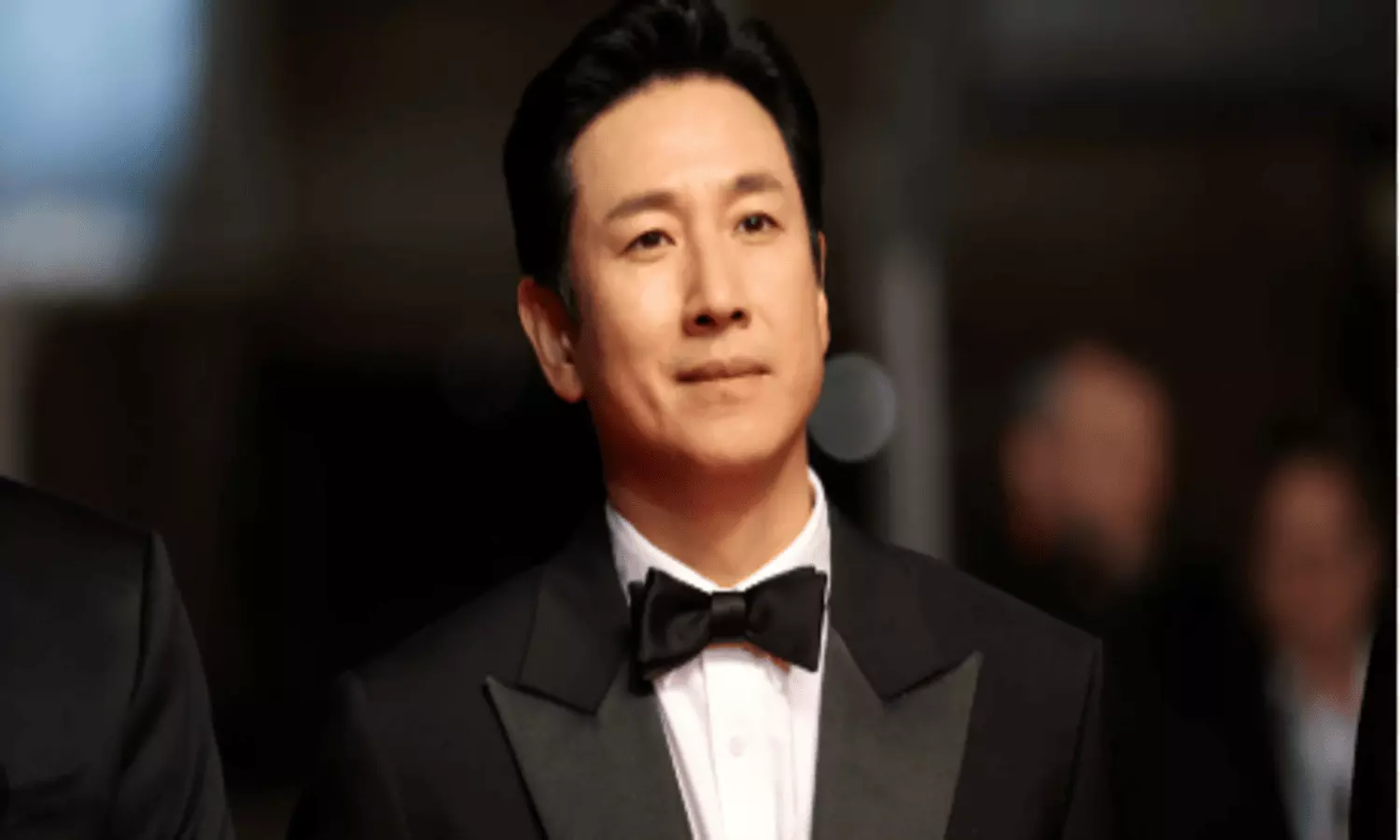South Korea’s Entertainment Industry Faces Rising Celebrity Suicides

South Korea’s Entertainment Industry Faces Rising Celebrity Suicides
The suicide of actress Kim Sae Ron highlights the struggles of K-pop idols, who face intense scrutiny, cyberbullying, and relentless industry demands.
The South Korean entertainment industry continues to grapple with the tragic deaths of young celebrities, with actress Kim Sae Ron, 24, found dead on Sunday. Her passing adds to a troubling pattern of suicides within the entertainment sector, raising concerns about the immense pressures faced by public figures.
Kim’s death follows a series of similar cases involving well-known figures such as Moonbin, Sulli, Jonghyun, and Goo Hara, who all lost their lives at a young age. Their deaths have highlighted broader structural issues within the industry, including relentless work expectations, cyberbullying, and a culture that often disregards mental health struggles.
Celebrities in South Korea are expected to adhere to exceptionally high standards in their professional and personal lives. K-pop idols and actors are not only entertainers but are also regarded as role models, placing them under immense scrutiny from fans and the public. Every aspect of their lives, from relationships to social media activity, is closely monitored, leaving little room for personal freedom.
The industry operates under strict management, with agencies enforcing intense schedules, training, and behavioral expectations. Rules often include dating bans, media restrictions, and a demand for perfection in public appearances. For many idols, the inability to meet these unattainable standards leads to immense stress and emotional distress.
The demanding nature of the entertainment world often comes at a cost to mental well-being. Celebrities face high expectations from fans, constant online scrutiny, and harsh criticism, which can result in significant emotional turmoil. Despite these challenges, discussions around mental health remain limited, and many public figures hesitate to seek help due to fear of professional repercussions.
Several high-profile suicides have drawn attention to these issues. SHINee’s Jonghyun, who took his own life in 2017, left behind a note describing his struggles with depression. Sulli, a former member of f(x), had been vocal about her experiences with cyberbullying before her death in 2019. Fellow singer and actress Goo Hara also died by suicide the same year, having endured intense public scrutiny and legal battles.
A significant factor contributing to the mental health crisis among South Korean celebrities is online harassment. Cyberbullying is rampant, with idols facing public backlash for minor actions or past controversies. Social media platforms provide an avenue for anonymous users to launch attacks, often targeting appearance, behavior, or personal history.
The concept of ‘cancel culture’ further exacerbates this issue. Once a celebrity is embroiled in controversy, they often experience widespread condemnation, brand boycotts, and career setbacks. This relentless scrutiny can have devastating psychological effects, particularly on younger idols who are still navigating the pressures of fame.
The entertainment industry has long been criticized for its rigid contracts, often referred to as ‘slave contracts,’ which require extensive work hours and offer little consideration for personal well-being. Agencies have historically prioritized an artist’s public image over their mental health, discouraging them from expressing vulnerability or seeking professional support.
However, there have been gradual efforts to address these concerns. Some entertainment agencies have introduced mental health resources, and discussions around workplace conditions have gained traction. Despite this, substantial change remains slow, and the recent deaths indicate that deeper reforms are necessary to protect young stars.
South Korea has one of the highest suicide rates globally, with mental health struggles affecting not just celebrities but also the general population. According to the World Health Organization, the nation’s suicide rate stands nearly twice as high as the global average. Government data indicates a rising trend, with over 13,978 suicides recorded in 2024, marking an increase from previous years.
The entertainment industry’s high-profile suicides have intensified calls for systemic change. Activists and mental health professionals urge for stronger safeguards, including workplace reforms, better mental health services, and stricter measures against cyberbullying.








